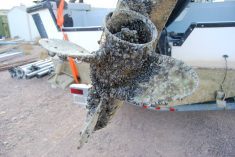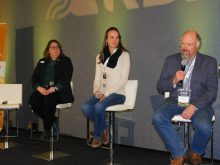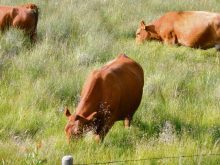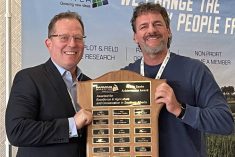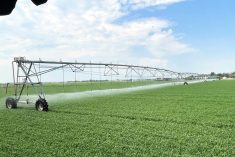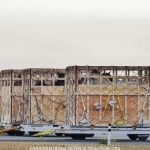Glenn Stewart is one of those tall telling cowboys the West is known for. He lives where he grew up, near Fort St. John, BC and can point out the spot where he first climbed on the back of a horse.
“We weren’t allowed to ride with a saddle,” he says. “They thought it was safer bareback. If you can ride bareback, you’re riding the horse, not the saddle.
“I’d go help Dad at the feed store for 25 cents an hour. I was about six or seven the first time I got struck by a horse. It was a buckskin, covered in mosquitoes, and I slapped him on the chest,” Glenn recalls. “Well, he slapped me right back and had me rolling around in the grass.”
Read Also
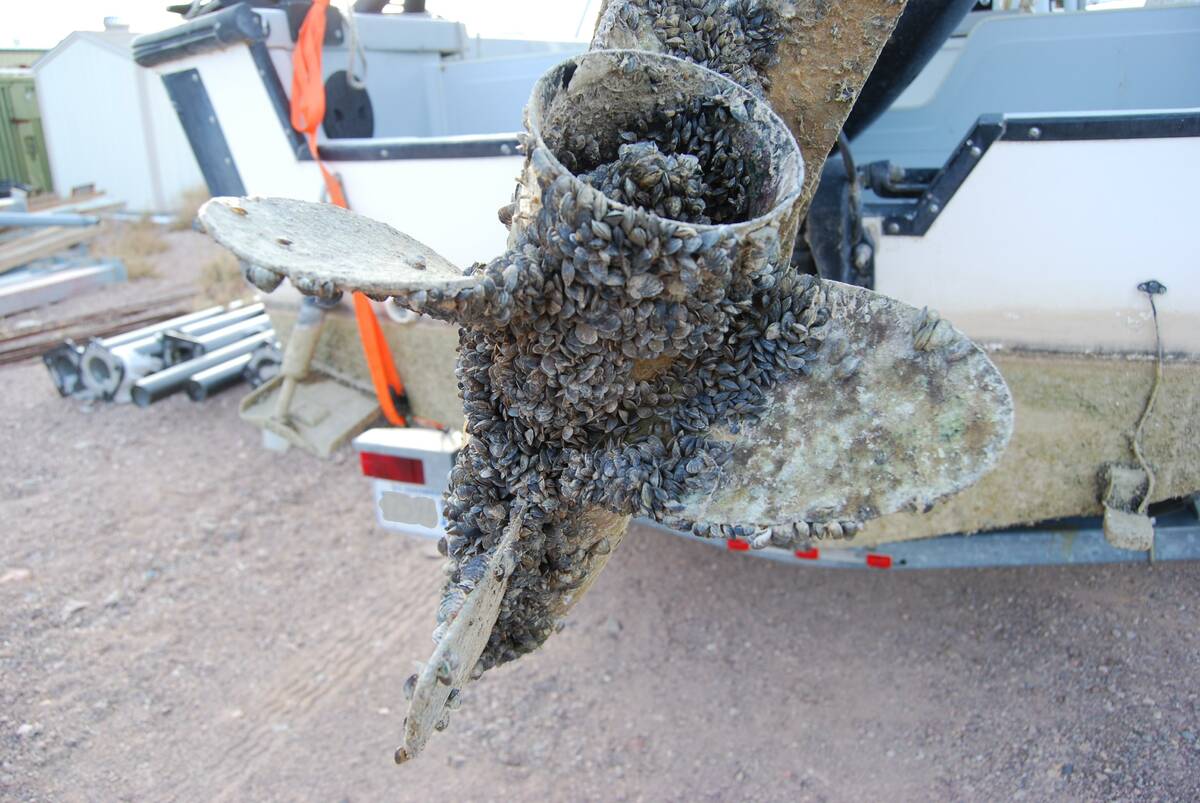
Invasive species council lending a helping hand to Alberta agricultural producers
Alberta Invasive Species Council unveils the huge economic effect of keeping invasive species unchecked to agricultural production in the province.
The first time Glenn got dragged by a horse, he was maybe nine. A little Paint horse spooked with Glenn on his back. “Got my foot half wrapped up in the reins … I got my experience on horses at a young age, and I didn’t know any different.”
By the time he was 17, about the only thing Glenn knew for sure was that he wanted to work outside, and with horses. “I went heading into the mountains to work for my great uncle Gary who was outfitting up north of here,” he says. “Me and a 13-year-old kid – who was the lead hand cuz (sic) he’d been there since he was 11 – built this snake fence. We’d hitch a wagon to a team, go into the hills and cut down old burnt trees, load them on a wagon and haul them out bouncing over the stumps, go build the fence, and head back into the hills for more.
“One time, the team got stung by bees and that was the first time I had a runaway team. One horse started lunging and jerking the wagon for all he was worth and popped Lorne off the top of the load.
“When we got back to camp, with the tongue broken on the wagon, and ourselves all banged up, Uncle Gary just said, ‘Well get that tongue fixed and get back out there.’”
And every year since, Glenn has returned to those same mountains on the back of a horse. “For 15 years I guided and wrangled horses up there. We had to round up 250 head that lived up in the mountains – Quarter Horse-Draft crosses,” he says. “They’d bring in one or two stallions to breed the mares that were running loose. In the spring, the mares would have their babies and toward the end of July we’d have to go up and find the horses, who were wild as sin, living with wolves and grizzlies, tending to themselves all winter.”
Glenn’s great uncle would tell him, “If you don’t find any horses, don’t come back, I don’t want to see you.” So when Glenn left in the morning, he’d be hoping he found the horses, or he’d be spending a night under the trees. “If all went well it would take us about two weeks to find all 250. Lots of the time guys were limping or packing an arm and it looked like nobody had been fed since we’d started.
“Hard to explain, but they were some of the best times I’ve had.”
Glenn is a true cowboy, looking to nab his second annual win in the 2011 Calgary Stampede Cowboy Up Challenge, running July 9-11 at the Saddledome. .


